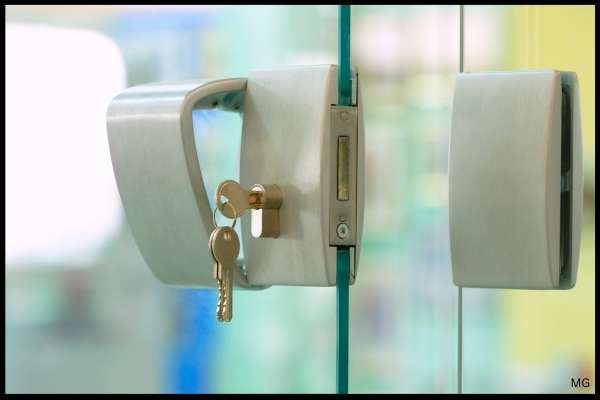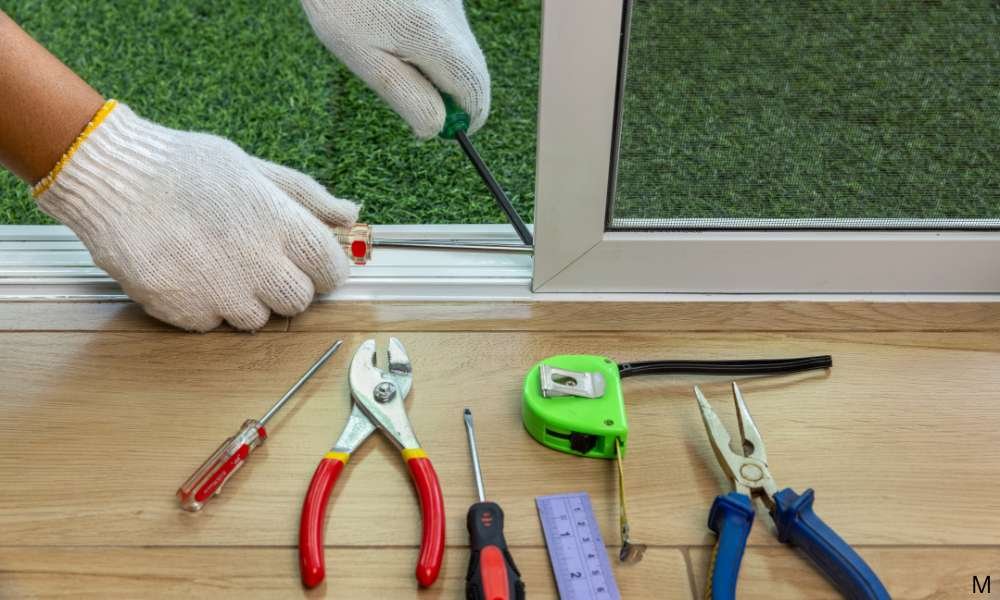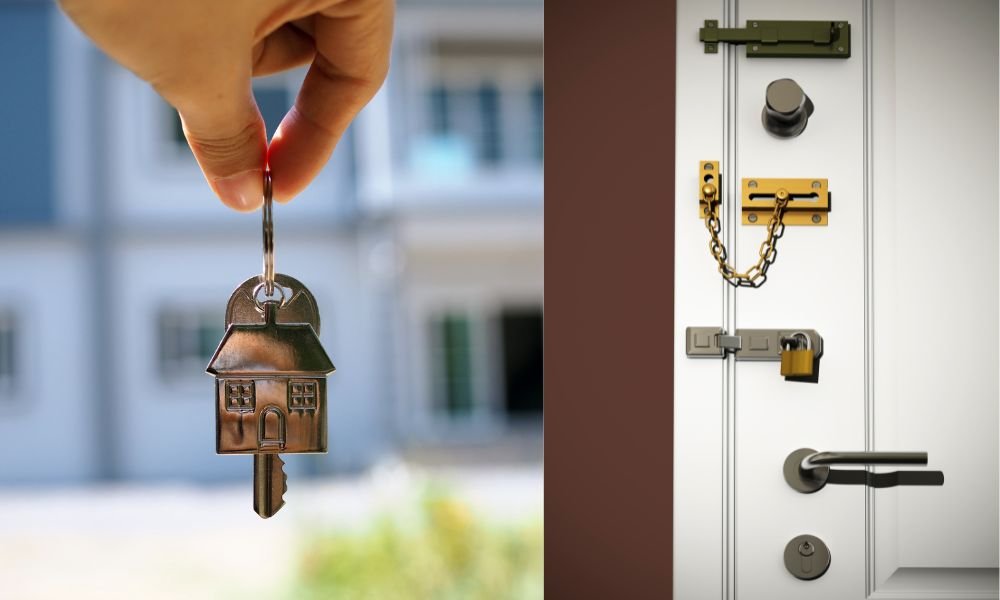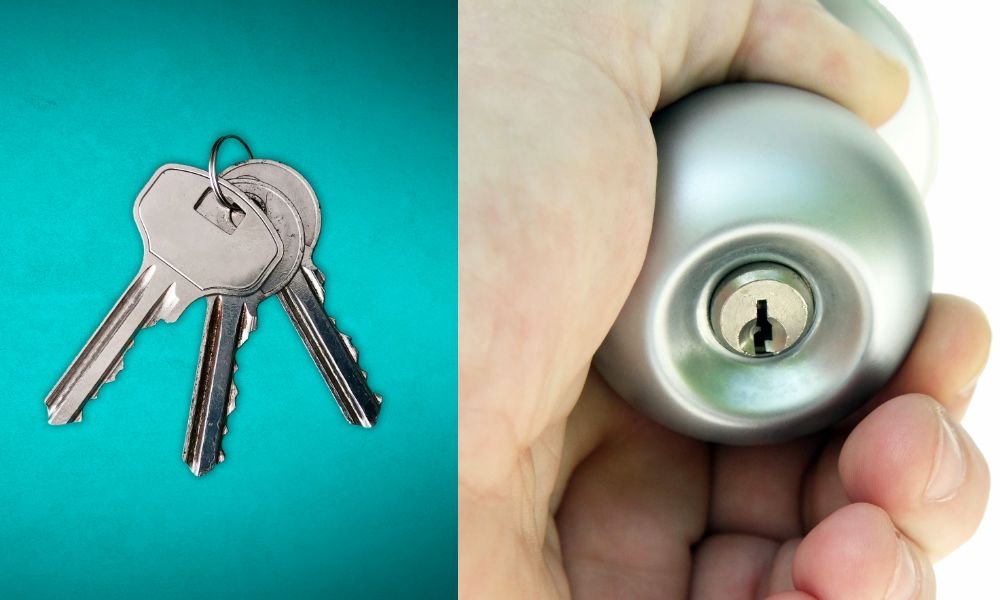Sliding glass doors are stylish and functional, offering great views and easy access to outdoor spaces. However, they do require maintenance, especially the locks. A malfunctioning lock can impact both security and convenience. This guide provides steps to identify and how to fix a sliding glass door lock, helping you keep your home secure and accessible.
Significance of Glass Door Locks

Locks are essential for home security. They prevent unauthorized access, keeping your family and belongings safe. A good also ensures the door operates smoothly and seals properly, aiding in insulation and reducing energy costs. Addressing Deadbolt
issues promptly maintain both security and efficiency, extending the lock’s lifespan.
Typical Problems with Sliding Glass Door Locks
Common issues with locks include the Deadbolt not latching, the key not turning, a loose deadbolt, or the deadbolt getting stuck. These problems can be caused by dirt, wear and tear, misalignment of the strike plate, or loose screws. Identifying the specific problem is the first step to fixing it effectively.
Essential Equipment for Repairing a Lock
To repair the above gather the following tools: Phillips and flat-head screwdrivers, replacement deadbolt if needed, lubricant spray (like WD-40), a clean cloth, a small brush or compressed air canister, and a measuring tape. Having these items ready will help you address various issues efficiently and effectively.
Detailed Instructions for Repairing
First, identify the problem with the deadbolt. Common issues include dirt buildup, misalignment, or a worn-out mechanism. Remove the deadbolt with a screwdriver, clean it with a brush or compressed air, and lubricate it. Check the strike plate and adjust if needed. Tighten any loose screws. If these steps don’t fix the issue, consider to replace. Measure the old one to ensure the new one fits. Install the new one following the instructions. Test the lock regularly during the process to ensure it works properly.
Suggestions for Preserving Sliding Glass Door Locks
Maintain your security by cleaning the mechanism regularly to prevent dirt buildup. Lubricate the moving parts every few months for smooth operation. Check the strike plate alignment and adjust if needed. Tighten loose screws to keep the lock secure. Inspect the deadbolt for wear and replace it if necessary. These tasks will extend the lock’s lifespan and ensure it remains functional.
When to Consult a Professional
If DIY methods don’t fix the problem or the device is severely damaged, consult a professional locksmith. A professional can handle complex mechanisms and ensure the repair is done correctly and safely. This can save time and prevent further damage, maintaining the security and functionality of your security system.
Enhancing Your Door Lock
Upgrading your security can improve security and convenience. Consider advanced locks like keyed locks, digital locks, or locks with built-in alarms. These offer better security features and can be more durable. Ensure any new lock is compatible with your door and installed correctly. Upgraded locks provide added peace of mind, especially in areas with higher security concerns.
Advantages of a Reliable Door Lock
A reliable lock enhances home security, preventing unauthorized access. It also ensures the door seals properly, aiding insulation and reducing energy costs. A sturdy lock provides ease of use, allowing the door to operate smoothly. Regular maintenance and investing in a high-quality lock ensure these benefits, making your home safer and more efficient.
Conclusion
Fixing the above is manageable with the right tools and steps. Identify the problem, clean and lubricate the mechanism, adjust the strike plate, tighten screws, and replace the lock if needed. Regular maintenance and knowing when to seek professional help are crucial. Upgrading to advanced locks can further improve security. A reliable lock ensures peace of mind, better insulation, and smooth operation, making it a vital component of your door.



